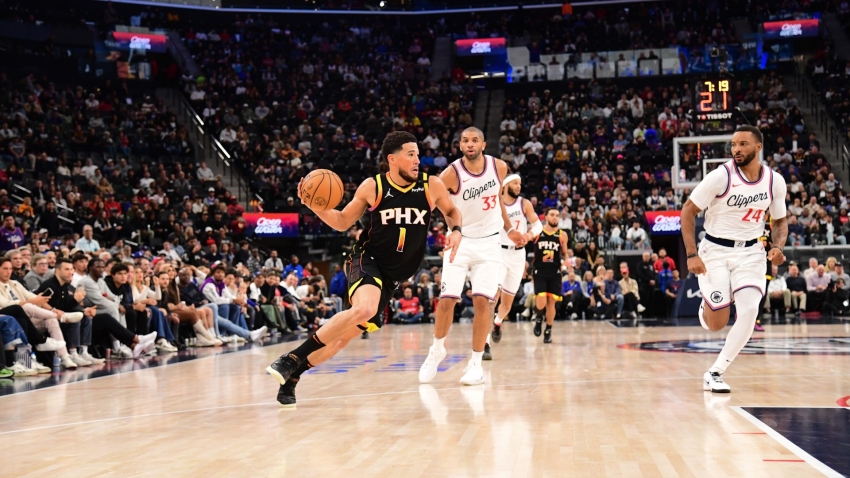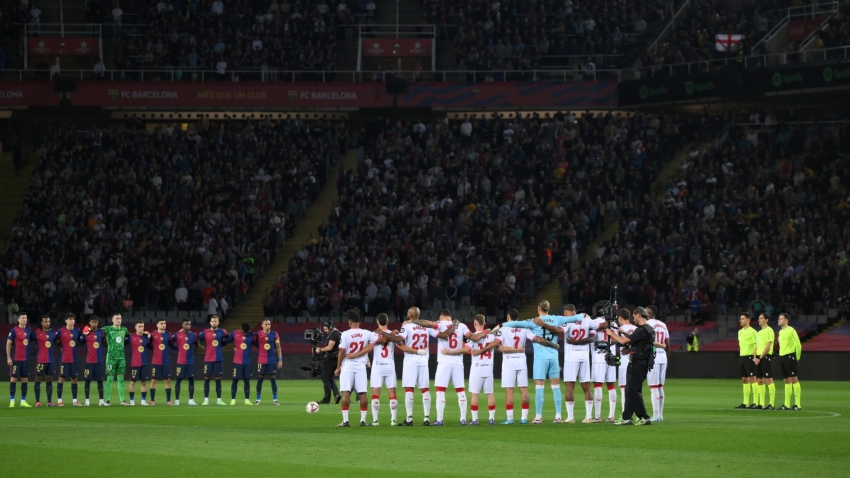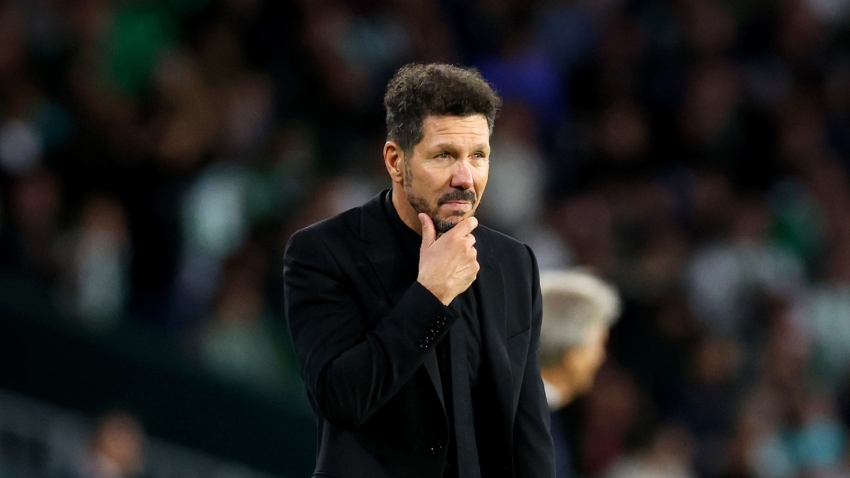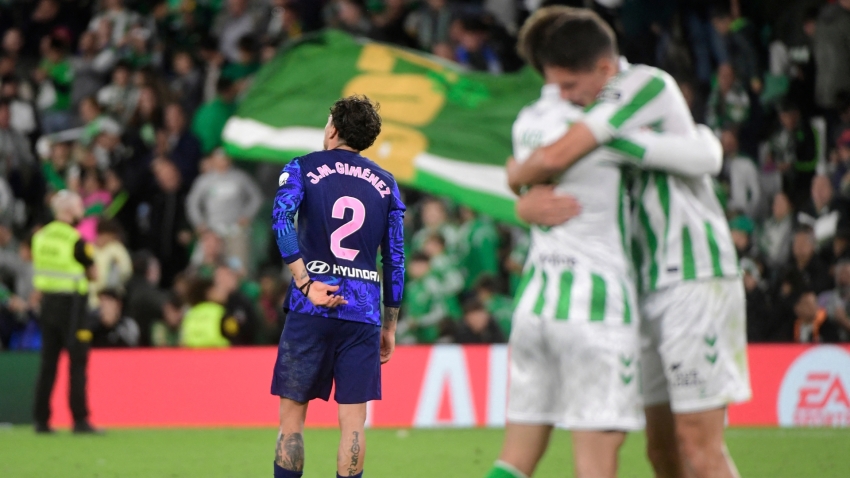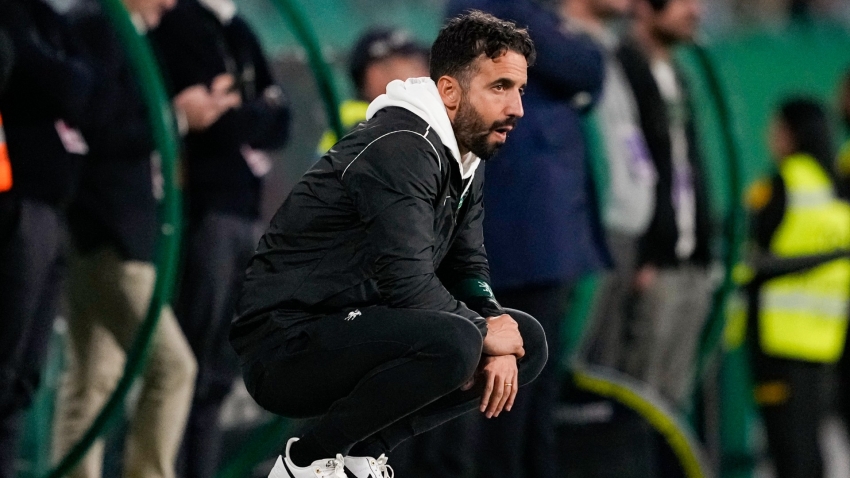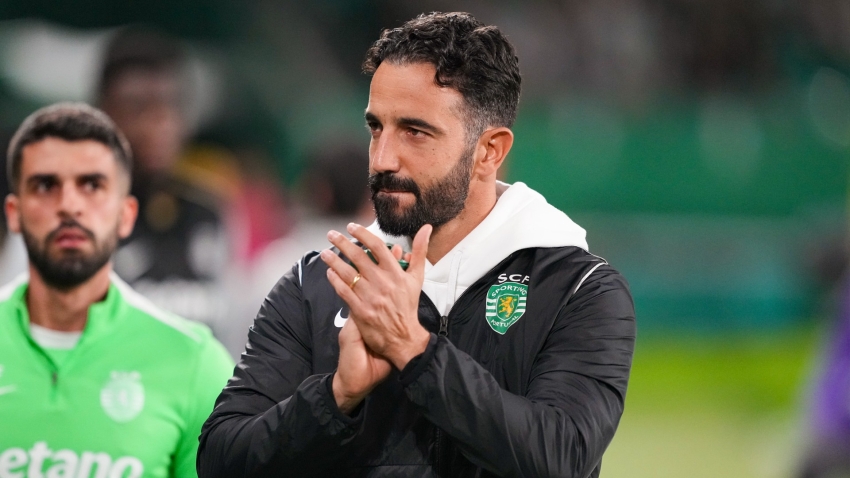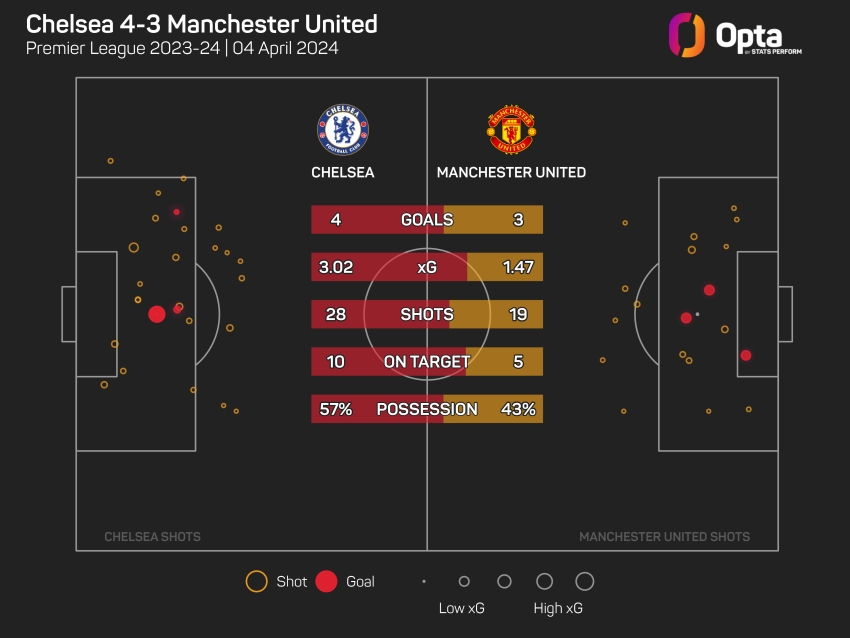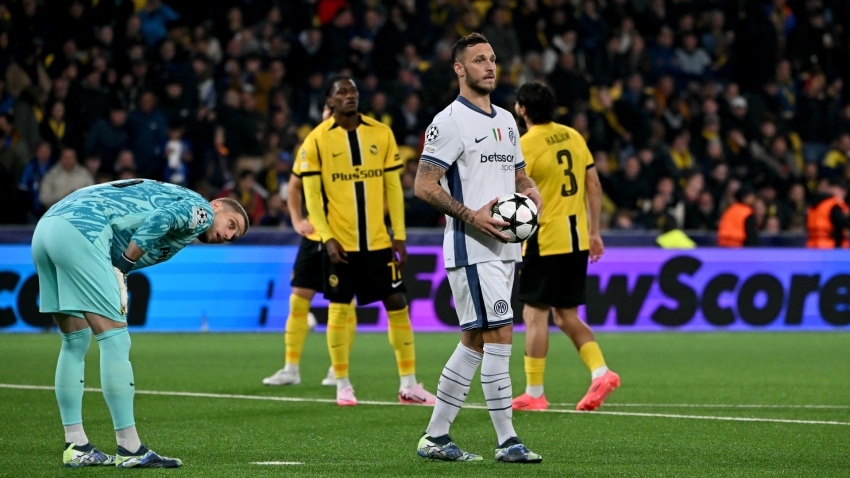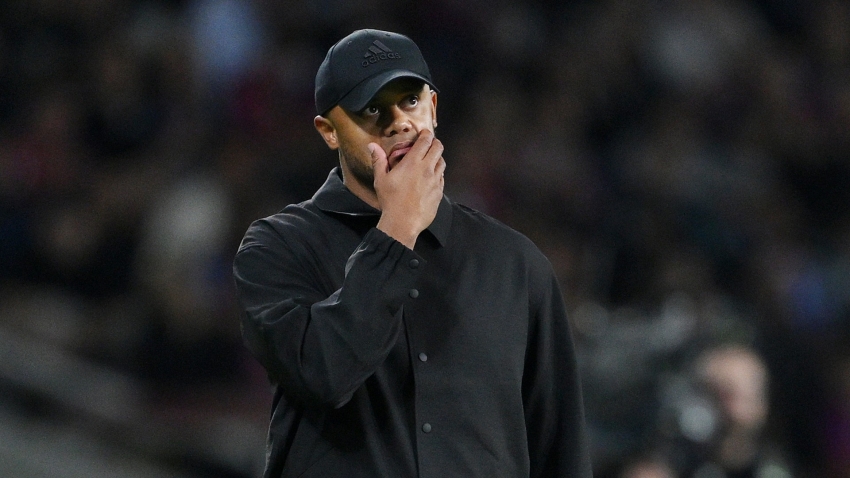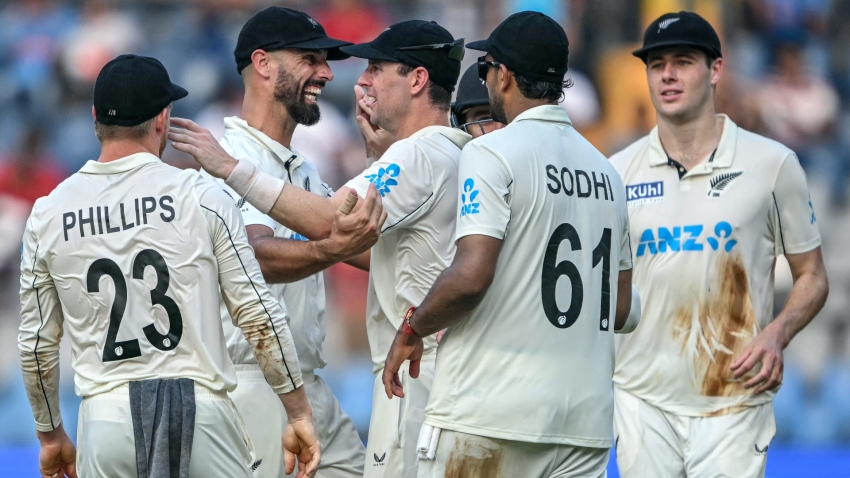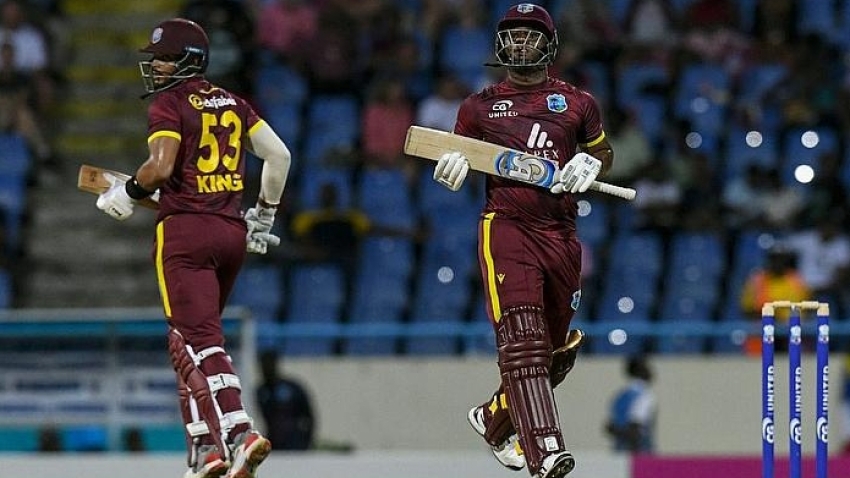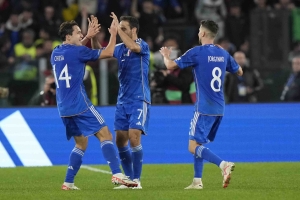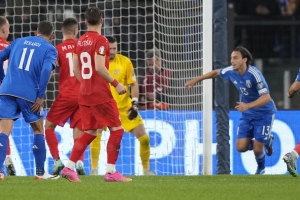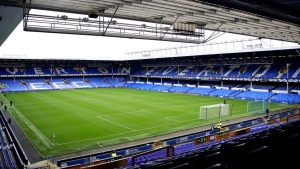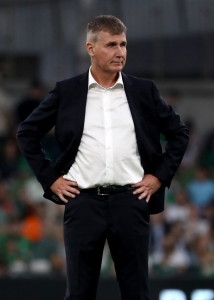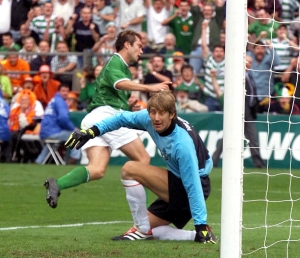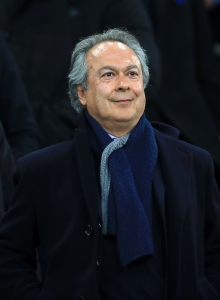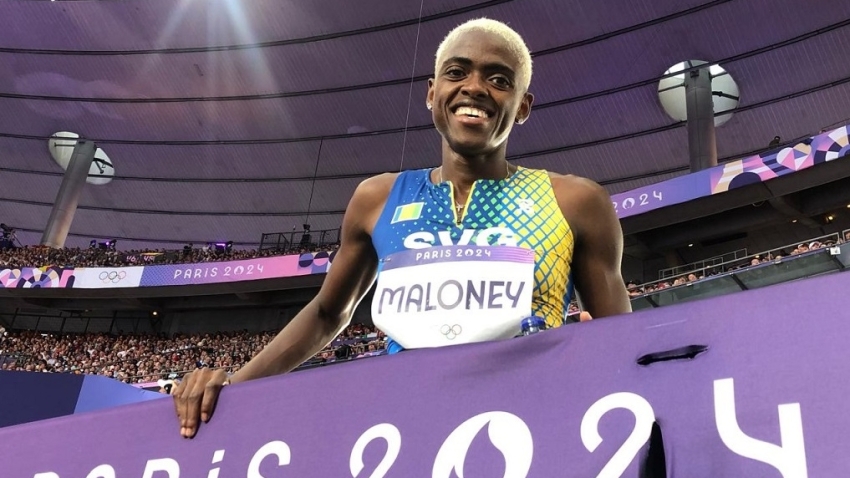Everton have been hit with an unprecedented 10-point penalty after being found to have “taken chances” with the Premier League’s financial rules.
An independent commission found the club’s desire to improve their on-pitch performance had resulted in them acting “irresponsibly” and exceeding permitted losses under the league’s profitability and sustainability rules (PSR).
The points deduction drops Everton to 19th in the table and leaves major question marks over whether a sale of the club by current owner Farhad Moshiri to an American investment firm, 777 Partners, will proceed.
The club immediately indicated their intention to appeal against the sanction. It is understood the appeal will be heard during the course of the current season.
Everton could also now face compensation claims against them over the case.
The Premier League published a commission judgement from May which granted five clubs – Leeds, Nottingham Forest, Southampton, Leicester and Burnley – 28 days from Friday to inform the commission of their intention to pursue a compensation claim.
None of those clubs have so far commented on this matter.
The Premier League’s PSR permit losses of £105million over a three-year period. Everton’s losses up to 2021-22 were found to be £124.5million, exceeding the limit by £19.5million even accounting for allowances made for the Covid-19 pandemic.
The club put forward various items they felt should be excluded from the PSR calculation, including interest costs related to the construction of their new stadium at Bramley-Moore Dock, the portion of the club’s transfer levy related to youth development and the £10m lost on the club’s decision not to seek damages against a player whose contract was terminated in 2021.
Everton also argued that a depressed summer transfer market in 2020 owing to Covid-19 reduced the revenue they would have earned from player sales. They also said they had lost out on a £200m stadium naming rights deal with USM as a result of Russia’s invasion of Ukraine and the subsequent sanctions imposed by the British Government. USM is a conglomerate whose single largest stakeholder is Russian billionaire Alisher Usmanov.
However, the commission concluded: “The cause of Everton’s PSR difficulties was the fact that it overspent (largely on its purchase of new players and its inability to sell other players), and because it finished lower in the league than it had projected in FY 2022 (16th against the projected 6th – causing a loss of expected income of c.£21 million).
“Everton’s understandable desire to improve its on-pitch performance (to replace the non-existent midfield, as Mr Moshiri put it in evidence) led it to take chances with its PSR position: those chances resulted in it exceeding the £105 million threshold by £19.5 million.
“The position that Everton finds itself in is of its own making – it is Everton’s responsibility to ensure that it complies with the PSR regime. The excess over the threshold is significant. The consequence is that Everton’s culpability is great.
“We take into account the fact that Everton’s PSR trend over the relevant four years is positive, but cannot ignore the fact that the failure to comply with the PSR regime was the result of Everton irresponsibly taking a chance that things would turn out positively.
“Further, Everton was less than frank in its dealings with the Premier League over the stadium interest issue.
“The reality is that Everton failed to manage its finances so as to operate within the generous threshold of £105m. Its mismanagement led to that threshold being exceeded by £19.5million.
“This was a serious breach that requires a significant penalty.”
The commission concluded that a sporting sanction was the only option for a club owned by a billionaire like Moshiri.
“A financial penalty for a club that enjoys the support of a wealthy owner is not a sufficient penalty,” the commission’s written reasons stated.
“We agree with the Premier League that the requirements of punishment, deterrence, vindication of compliant clubs, and the protection of the integrity of the sport demand a sporting sanction in the form of a points deduction. The issue is not the form of sanction, but its extent.”
The written reasons show Everton’s position was that any sanction imposed by the commission should be financial rather than sporting in nature, but said if it had to be a sporting sanction then a transfer ban would be more appropriate than a points deduction.
The club said in a statement: “Everton Football Club is both shocked and disappointed by the ruling of the Premier League’s commission.
“The club believes that the commission has imposed a wholly disproportionate and unjust sporting sanction.
“The club has already communicated its intention to appeal the decision to the Premier League. The appeal process will now commence and the club’s case will be heard by an Appeal Board appointed pursuant to the Premier League’s rules in due course.
“Everton maintains that it has been open and transparent in the information it has provided to the Premier League and that it has always respected the integrity of the process.
“The club does not recognise the finding that it failed to act with the utmost good faith and it does not understand this to have been an allegation made by the Premier League during the course of proceedings.
“Both the harshness and severity of the sanction imposed by the commission are neither a fair nor a reasonable reflection of the evidence submitted.
“The club will also monitor with great interest the decisions made in any other cases concerning the Premier League’s Profit and Sustainability Rules.”
Portsmouth and Middlesbrough are the only other clubs to have been docked points in Premier League history. Pompey were hit with a 10-point sanction in March 2010 after entering administration while Boro’s three-point penalty in January 1997 related to a short-notice match postponement the previous month. Both clubs were relegated at the end of the season.




